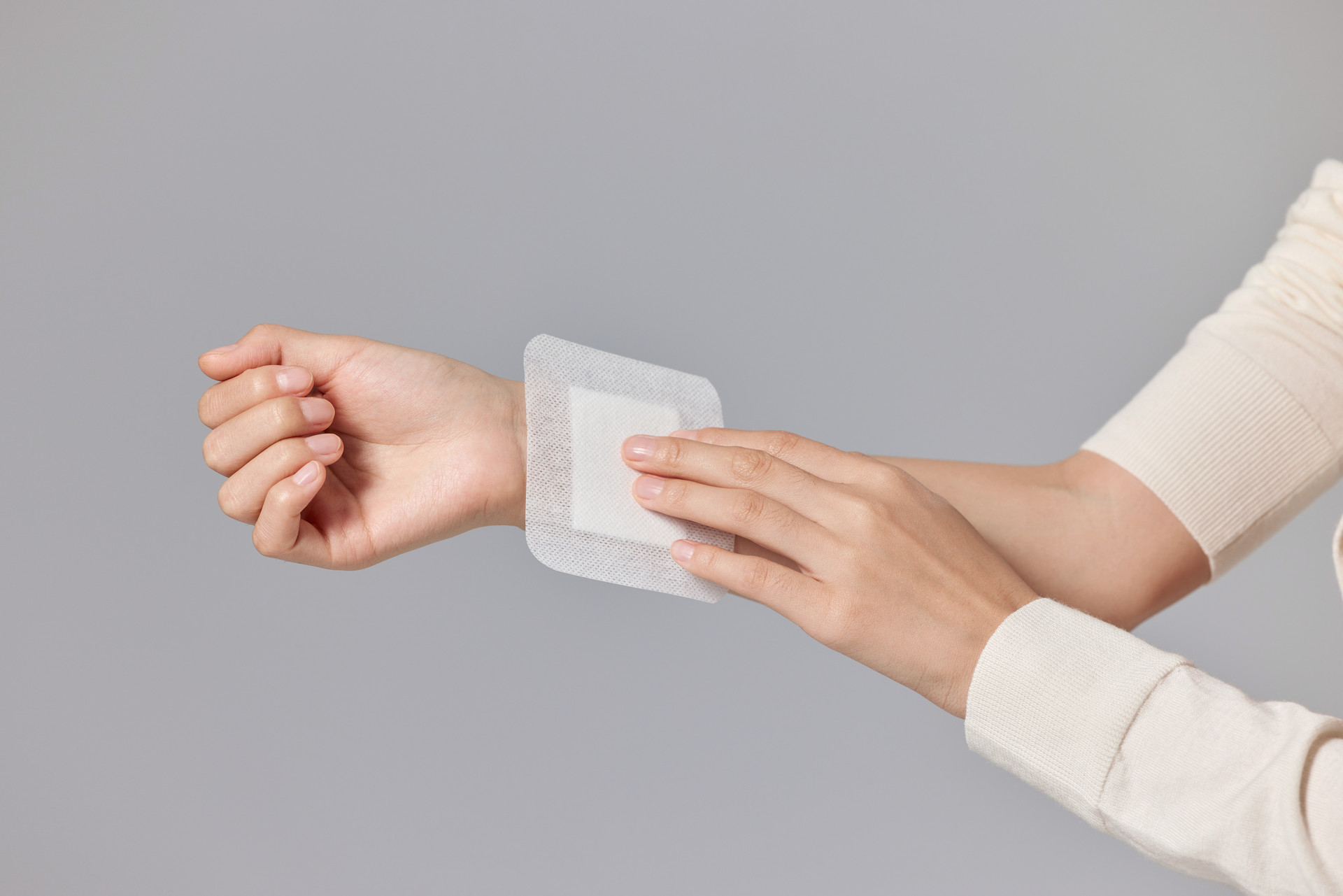Swimming is not only beneficial for weight loss and body shaping, but also strengthens lung function and enhances resistance. It has many benefits for overall health. But is swimming good for the skin?
Benefits of swimming for the skin
During swimming, the stimulation of water temperature causes the body to regulate its temperature by involving the blood vessels in the skin. The cold water stimulation can cause the skin blood vessels to contract to prevent heat diffusion, while the body generates heat to expand the blood vessels in the skin, improving blood supply to the vessels. Regular swimming strengthens the blood circulation in the skin. Additionally, the friction of the water against the skin during swimming can promote relaxation and rest, keeping the skin smooth and tender.
Drawbacks of swimming for the skin
During swimming, the body is submerged in water for a long time, making it easier for bacteria in the water to come into contact with or adhere to the skin surface. If the swimming pool water is heavily polluted or inadequately disinfected, it can lead to skin diseases.
Skin diseases caused by swimming
Common skin diseases in swimming pools include tinea corporis, tinea cruris, and tinea pedis. When individuals with these fungal infections swim in the pool, the scales containing a large number of filamentous fungi can fall into the water. These fungi have strong resistance to external factors and can survive in water for over a year, making them highly transmissible in the swimming pool. In addition, some hygiene factors can also contaminate the water, such as sweat, excrement, and nasal mucus, all of which can become allergens that harm the skin.
Effects of disinfectants in swimming pools on skin health
Swimming pool water needs regular disinfection, usually with chlorine solution. The components of the disinfectant, such as hypochlorous acid, have similar properties to laundry detergent. Due to individual differences, some people with sensitive skin may experience allergic reactions when swimming in the pool, such as the appearance of red spots on the skin.
Serious damage to the skin from UV radiation
If swimming is done in an outdoor environment, UV radiation is more likely to cause damage to the skin and hair due to water reflection. Prolonged exposure to the sun can lead to acute dermatitis or sunspots. The DNA in skin cells can be damaged, leading to cell mutation and uncontrolled growth, which increases the risk of skin cancer. Additionally, the high reflection of UV radiation by water causes more severe damage to the skin, leading to loss of moisture and dryness, resulting in dandruff and fine lines.
How to care for the skin while swimming
1. Before and after swimming, it is important to take a thorough shower and use soap to wash the entire body before rinsing. Pay special attention to cleaning and disinfecting the feet, both before and after swimming.
2. When swimming in an outdoor environment, sun protection is essential. Choose a sunscreen with SPF 30 or higher, and preferably one with waterproof functionality. Apply the sunscreen half an hour before swimming to allow the skin to fully absorb it. Reapply every two hours, and immediately after swimming.
3. After swimming, thoroughly clean the skin and immediately dry off. Apply a moisturizing body lotion to replenish moisture and nourish the skin.












